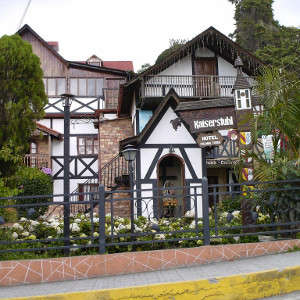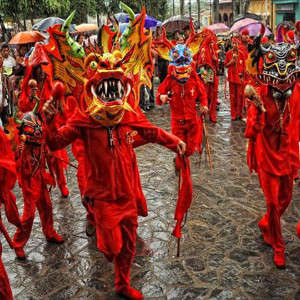The Venezuelan cuisine is both rich and varied. Some of the most predominant ingredients
of the Venezuelan cuisine is black beans (caraotas negras), platanos (which is a large
type of banana only used for cooking) and maize flour. The maize flour is the base for a
wide range of traditional, Venezuelan dishes such as arepa, empanada, cachapa and hayaca.
One of the most traditional dishes is called pabellon criollo and it consists of rice,
stewed black beans, sliced beef and platanos. Venezuelans love cheese, and they put it in
almost all dishes. Most of the cheese fabriced here, is fresh, soft and very tasty.
In this tropical country , fresh fruits are always readily available. Moreover, fruits
which tend to be expensive in other countries, such as passion fruit, coconuts and papaya,
are quite cheap here whereas imported fruits, such as apple and pear, are quite expensive.
Therefore, if you choose to come to Venezuela you will be able to enjoy all these exotic
fruits for a whole year. The Venezuelans also love to make fresh juice of these fruits,
and in any restaurant they will have it. Typical Venezuelan deserts include quesillo,
dulce de leche and a sweet made from guavana.
 Ecosystem
Ecosystem

 Welcome to Venezuela
Welcome to Venezuela
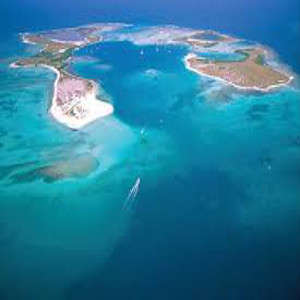
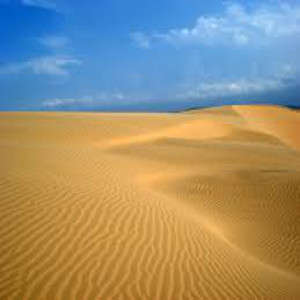
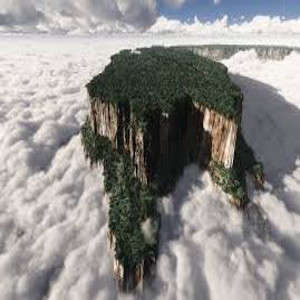
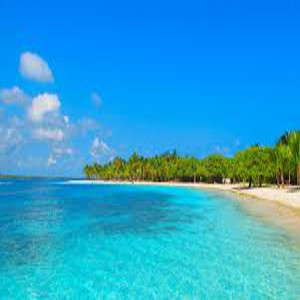
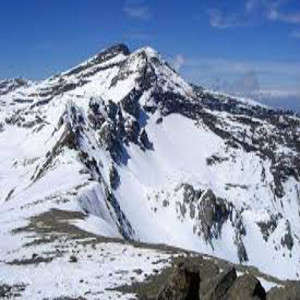
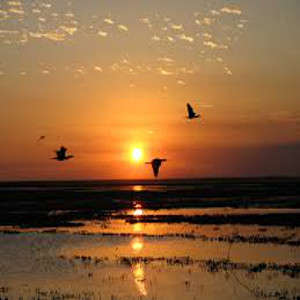
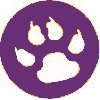 Fauna
Fauna

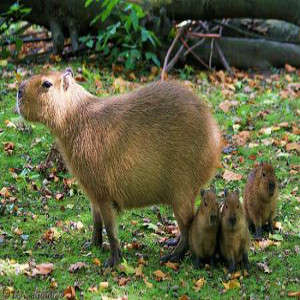
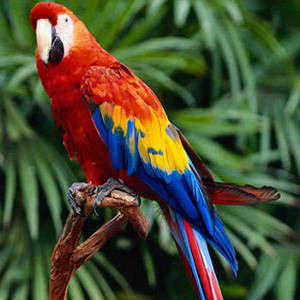
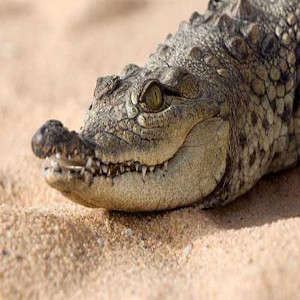

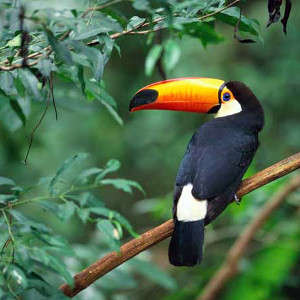
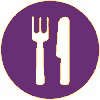 Cuisine
Cuisine
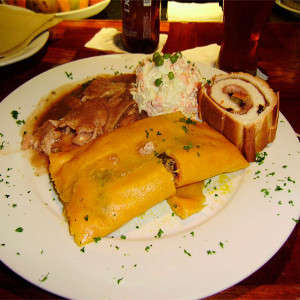
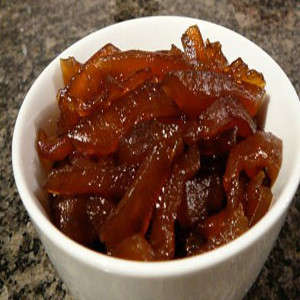
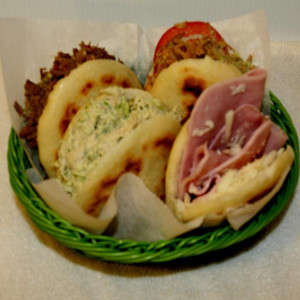
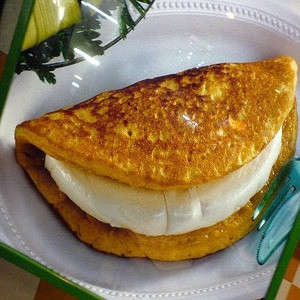
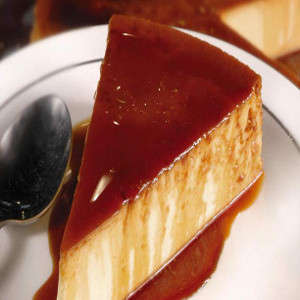
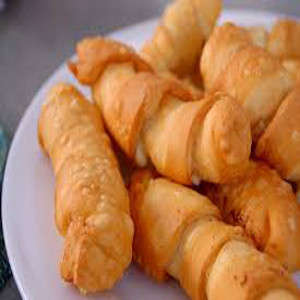
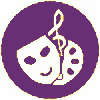 Culture
Culture
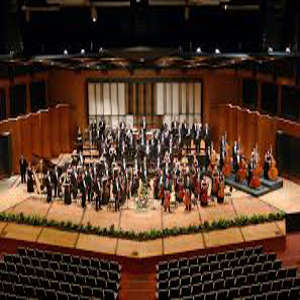
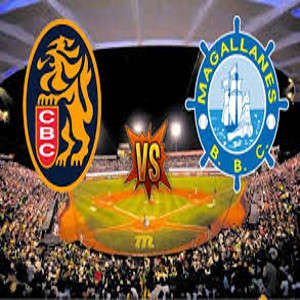
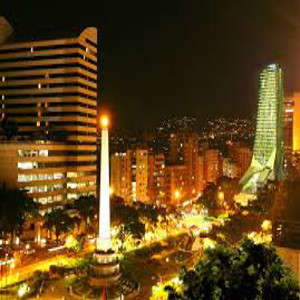


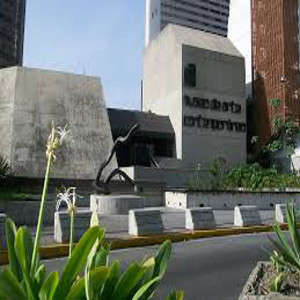
 Did you know that …
Did you know that …
